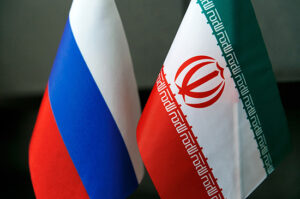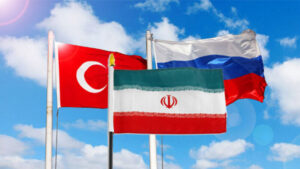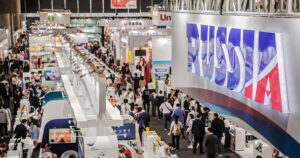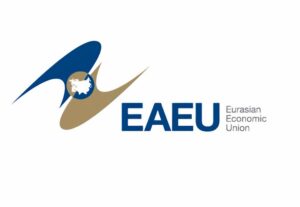Why Russia
Why Russia is promising? is a gate between Europe and Asia? is a top destination for foreign exporters?
Deep dive into the scrutiny of the Russian Market
Why Russian market is especially perspective today?
Embark on a journey to the heart of Eurasia, where opportunity meets ambition and history intertwines with innovation. From the sprawling landscapes of Siberia to the bustling streets of Moscow, Russia beckons with promise and possibility. But amidst its vastness and complexity, one question lingers: Can you afford to overlook the Gateway to Eurasia?

Russia, the largest country in the world spanning 11 time zones, offers abundant opportunities for foreign businesses seeking to export goods to its vast market. With almost 150 million consumers and a diverse economic landscape, Russia presents immense potential for international trade and investment.
According to the World Bank, in 2023 Russia ranked as the largest economy in Europe and 5th economy in the world, underlining its significant economic influence. It is also 11th-largest economy by nominal GDP, and 6th-largest by purchasing power parity (PPP) according to IMF.
Central to Russia’s economy is its rich natural resource and mineral base. As the first largest producer of natural gas and second producers of oil, Russia plays a pivotal role in global energy markets. Being a leading producer of coal, timber, grain, fertilizers, gold, diamonds and metals Russia can offer a comprehensive raw material base for its producers and foreign importers.
Furthermore, Russia boasts a diversified industrial sector, with aerospace, defense, metallurgy and mining among its key industries. The aerospace industry, renowned for its achievements in space exploration and satellite technology, positions Russia as one of the world leaders in innovation and technology. Russia’s agricultural sector is also a significant contributor to its economy. As one of the world’s largest wheat exporters, Russia maintains a strong presence in global agricultural markets. It ranks among the top producers of barley, sunflower oil, and other agricultural commodities.
Russia’s strategic partnerships and economic integration efforts with neighboring countries and regional blocs present unique advantages for foreign businesses. Through initiatives such as the Eurasian Economic Union (EAEU) and its free trade agreements, Russia offers streamlined access to a broader market, reduced trade barriers, and enhanced collaboration opportunities across borders.
Given that Russia is a member of the Eurasian Economic Union, navigating the Russian market requires an understanding of its unique dynamics and challenges. Compliance with its own legislation as well as with the Eurasian Economic Union regulations is essential for foreign businesses seeking to enter and operate within Russia. However, despite regulatory challenges, Russia remains an attractive destination for foreign goods and investments. Its strategic location, large consumer base, and abundant resources continue to draw interest from multinational corporations and investors worldwide.
By leveraging its economic strengths, navigating regulatory complexities, and embracing strategic partnerships, foreign businesses can unlock the vast potential that Russia has to offer. With careful planning and a deep understanding of the Russian market, businesses can position themselves for sustainable growth and success in one of the world’s largest and most dynamic economies.
In fact, what sets Russia apart in terms of business opportunities is its ambitious infrastructure development projects. The Russian government and business have been investing heavily in transportation networks, energy infrastructure, and digital connectivity. These efforts aim to enhance the country’s competitiveness, improve logistical efficiency, and create new opportunities for enterprises operating in Russia and exporting goods to Russian market.
Speaking about the current situation in the Russian market, it is important to note that due to geopolitical events, a large number of Western companies have terminated their cooperation with Russia. Meanwhile, the sanctions imposed on Russia have not had a significant impact on the production volumes in the country. Thus, a substantial share of the market has become available for foreign companies interested in collaborating with Russian partners. Local enterprises are currently establishing alternative channels for the supply of necessary products and services and are interested in close cooperation with foreign suppliers.
In conclusion, the Russian market offers vast opportunities for foreign businesses looking to export goods and services. With its diversified economy, strategic infrastructure investments, and commitment to regional integration, Russia presents a fertile ground for international trade and investment.







